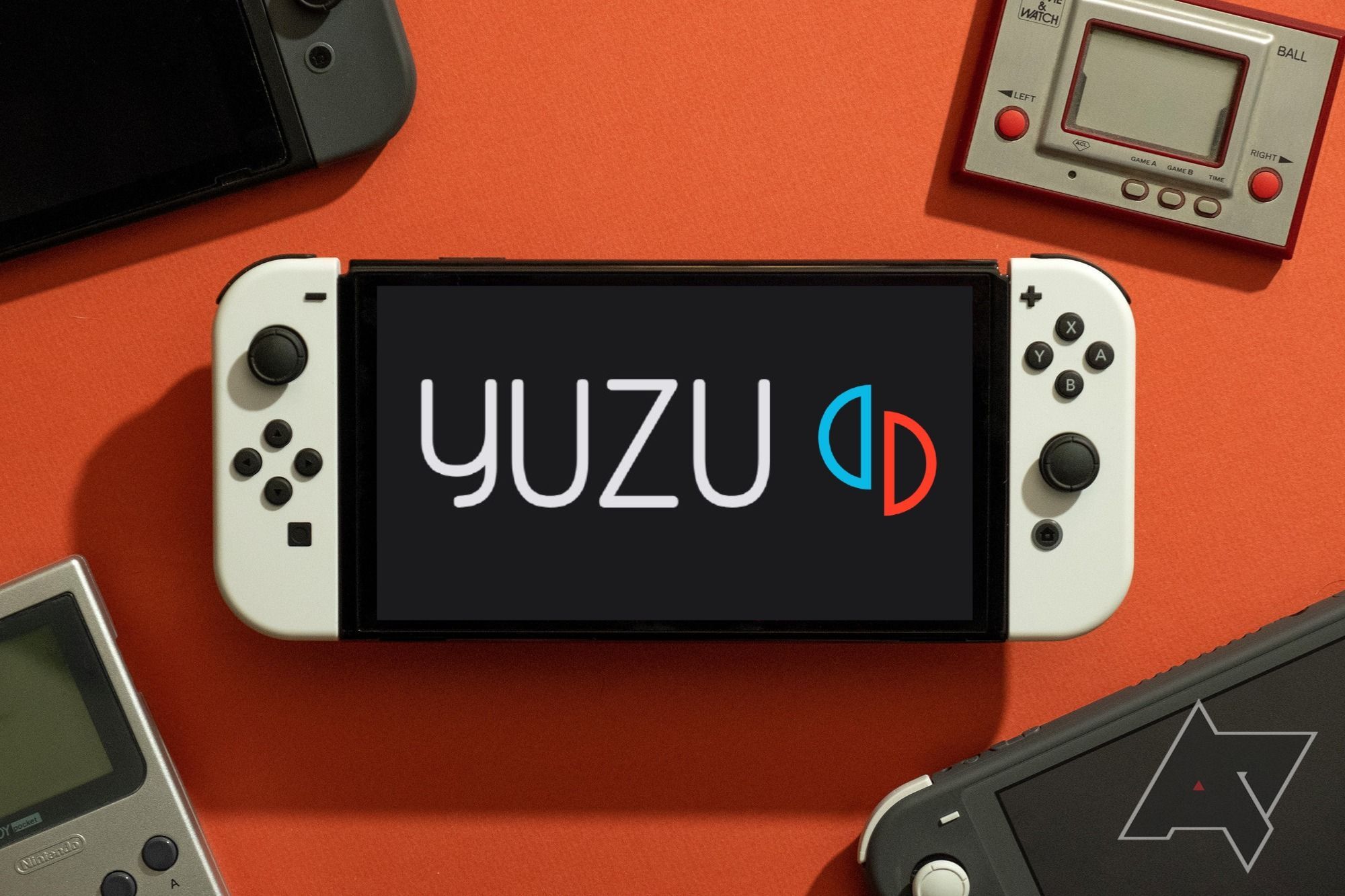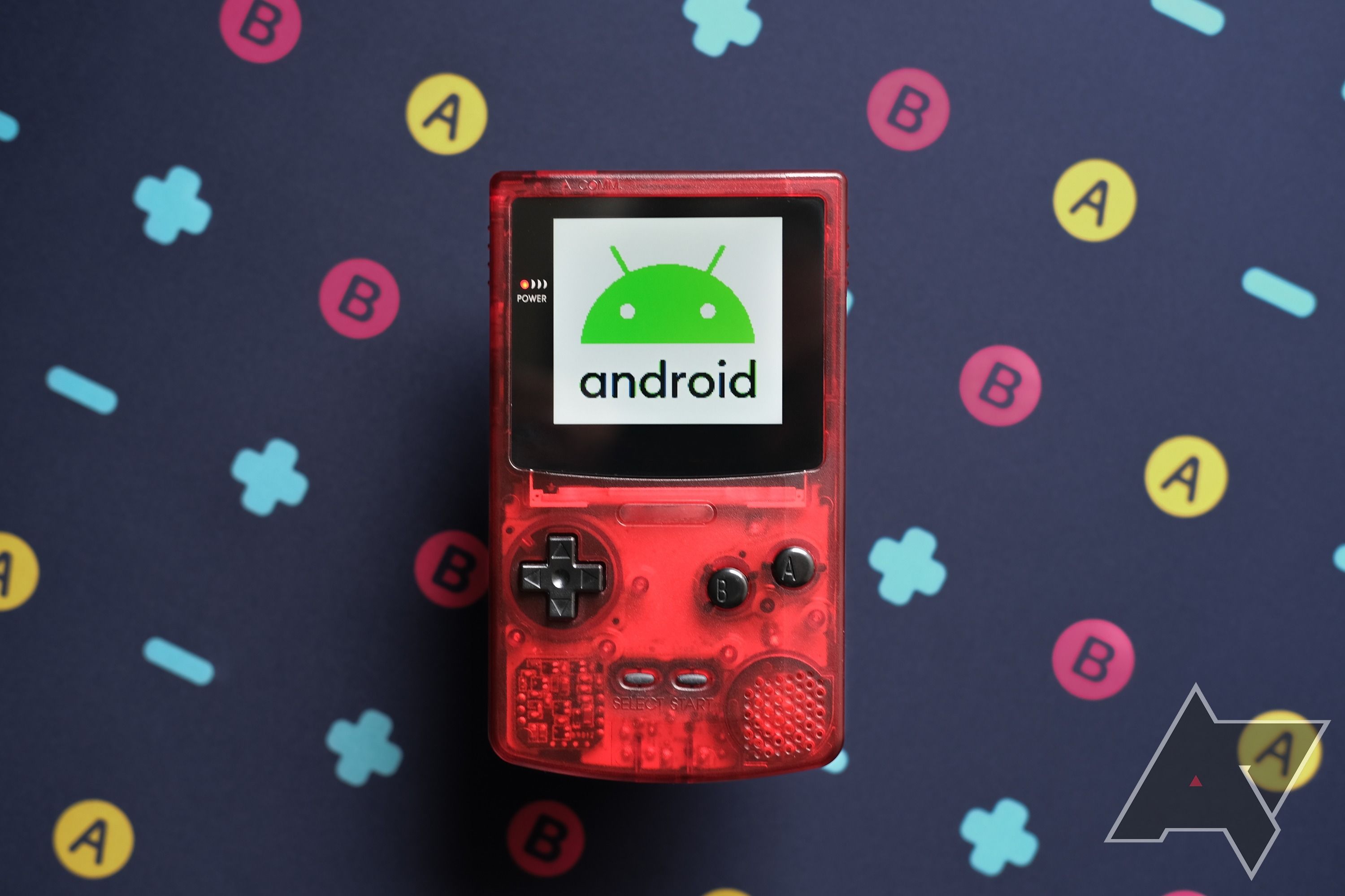I have always been a big emulation aficionado, and that interest has been indulged with the great emulation apps available on the Play Store, a wonderful selection of nostalgia for your trusty Android phone. While the majority of these apps are attractive, Nintendo console emulators are definitely the most notable, given the company’s colossal library of beloved classics that people are champing at the bit to relive. However, recent litigious incidents between Nintendo and certain big names on the emulator scene have cast a worrisome shadow over the future of Nintendo emulation apps on the Google Play Store.

Another Nintendo DS emulator bites the dust following the folding of Yuzu
Drastic is now free on Android but will soon be pulled for good
Nintendo’s legal target is Yuzu, a high-profile Switch emulator formerly available on the Play Store. Nintendo has issued DMCA warnings against the app’s developer, Tropic Haze LLC, on the grounds of “facilitating piracy on a colossal scale,” and it looks like an easy victory for the corporation as the emulator was making money off the endeavor. Emulators exist in a legal gray area, and even a slight misstep by a developer can be seen as inciting piracy. Yuzu’s platform was used to indirectly promote pirated versions of games still supported by the switch, sharing sources and means for acquiring emulation files over Discord – a big legal no-no.
Nintendo has shaken the foundation of emulators on Android
And the results aren’t surprising
We all know how lawsuit-happy Nintendo can be and how it doesn’t get along with emulator devs at the best of times, so this was pretty inevitable. The fallout also resulted in the liquidation of Citra, a 3DS emulator that shared some founding developers with Yuzu. It was considered collateral alongside a cash settlement of 2.4 million dollars in damages from Tropic Haze LLC. While this all sounds like it spells death for the software, given the number of forks both Yuzu and Citra have garnered, it’s unlikely that fans will have to say a proper goodbye even if official development never recommences.
But Nintendo’s statement is crystal clear: emulators need to watch their step from now on, which is precisely how you get statements like the one above from Yuzu.
Gameboy emulators like Myboy and John GBC are fairly safe bets, given their limited monetization and tactful conduct. Neither of the above comes with built-in proprietary bios, which are required to load and run ROMs. You’d think this would give devs some well-needed confidence, but looking at Drastic developer Exophase’s reaction to the Yuzu lawsuit, Bios-free might not be the safe haven it first appeared to be. Very soon after the news broke, the Drastic app abandoned its premium status on the Play Store. Exophase decided to cover its bases quickly, putting out a “this isn’t about financial incentive” statement as soon as possible. At a similar time, a statement was posted to Discord by Davide Berra, the developer for the Pizzaboy emulator apps, detailing the imminent removal of both their premium and free Nintendo handheld emulators, saying, “My family comes first.” So, Nintendo’s strongarming is already having an impact, and emulation app developers are backing off for fear of meeting the same fate as Yuzu.
There’s also something to be said about the example Nintendo chose to make, specifically regarding the console Yuzu emulated. The Switch is the company’s latest console and one of Nintendo’s most popular modern first-party machines, outstripping the Wii and the Wii U, so being touchy about people potentially running the games somewhere else is understandable. This is also a big reason why emulators of older consoles like the Gameboy are safer to a degree. Nintendo no longer has any real interest in those old games as moneymakers.
So what’s next for Nintendo emulators on the Play Store?
Emulation will never stop, new development is already starting
Countless forks and alternative means for finding dead emulation software are alive and thriving elsewhere online; the Play Store isn’t the only place to get your Nintendo emulators. We should all remember that emulation software fosters communities that don’t dissipate at the app’s insolvency; they thrive on it and find indirect means to continue cultivating and enjoying the content they love. Despite its posturing and piracy bluster, Nintendo will never truly defeat emulation because emulation fills roles and offers content that the official company’s services simply won’t.
While Nintendo emulation won’t vanish from the Play Store completely, it was an irrefutable blow to the community’s confidence. I wouldn’t be shocked if new app designers chose to take their prospective emulation projects elsewhere, for a while at least. That’s the main cyclical aspect of this: companies always think smacking emulation down once will fix the problem forever, and making examples of certain apps will make the whole business unworthy. But this never happens; emulation has survived for decades, thanks to fan dedication and sheer respect for the preservation of gaming history, something Nintendo could learn a thing or two about.




-bowser.jpg)
